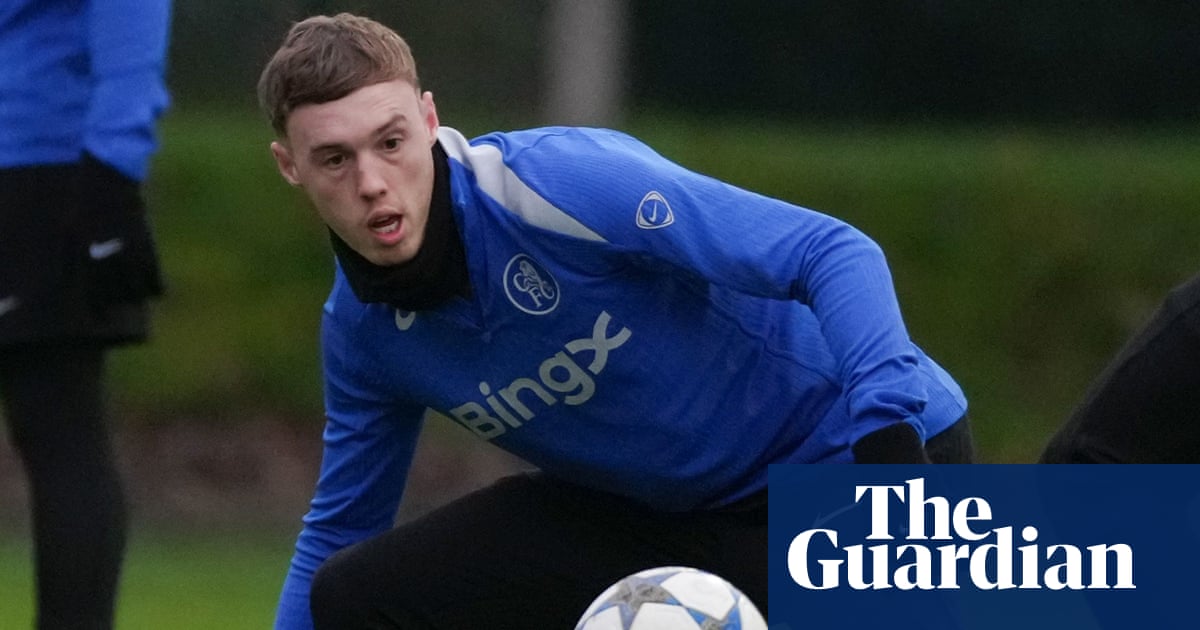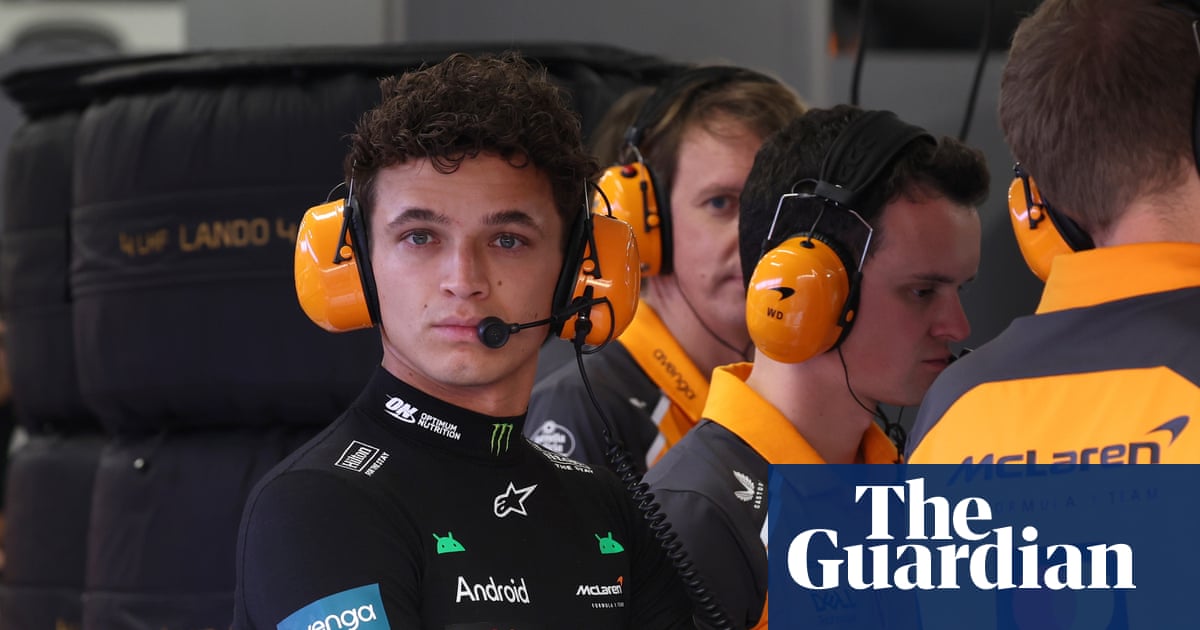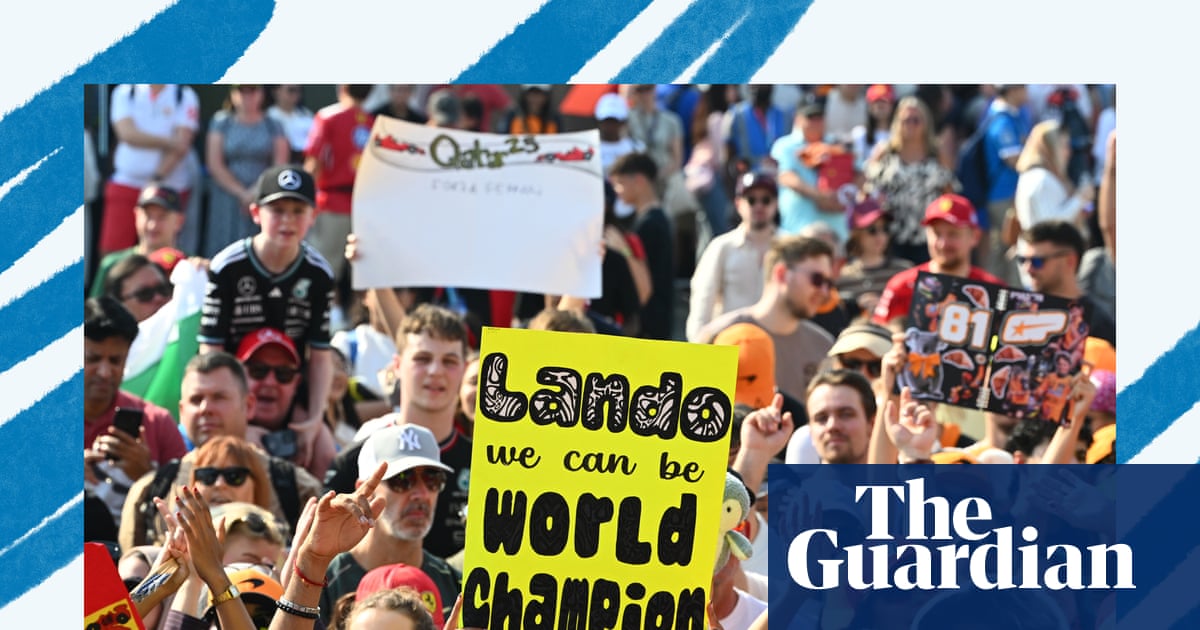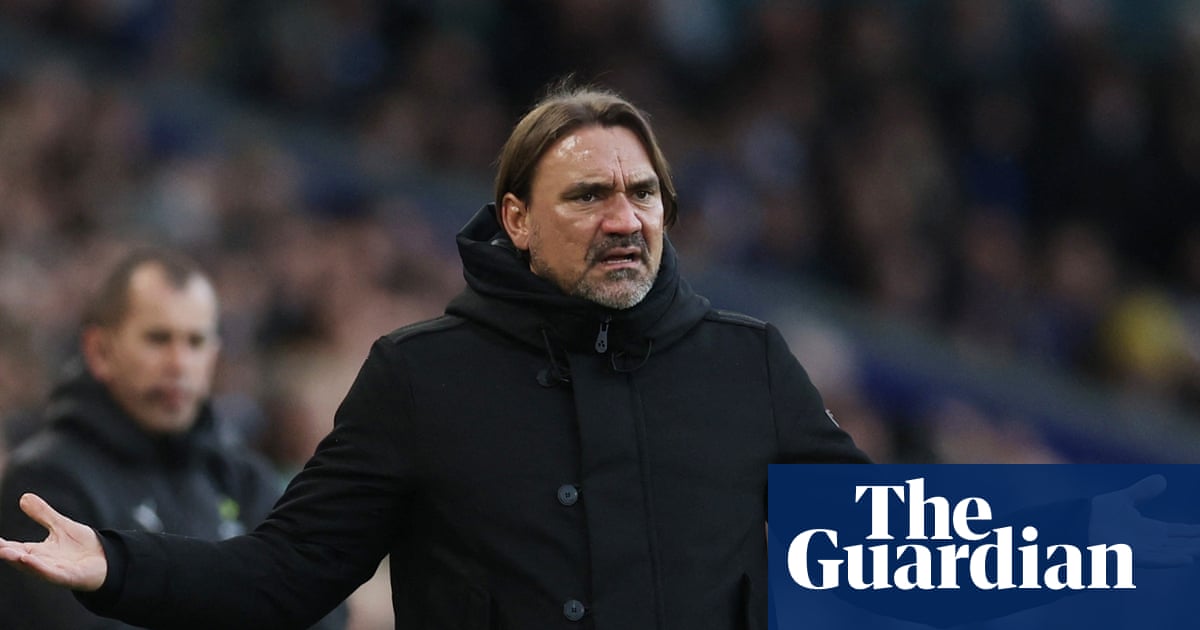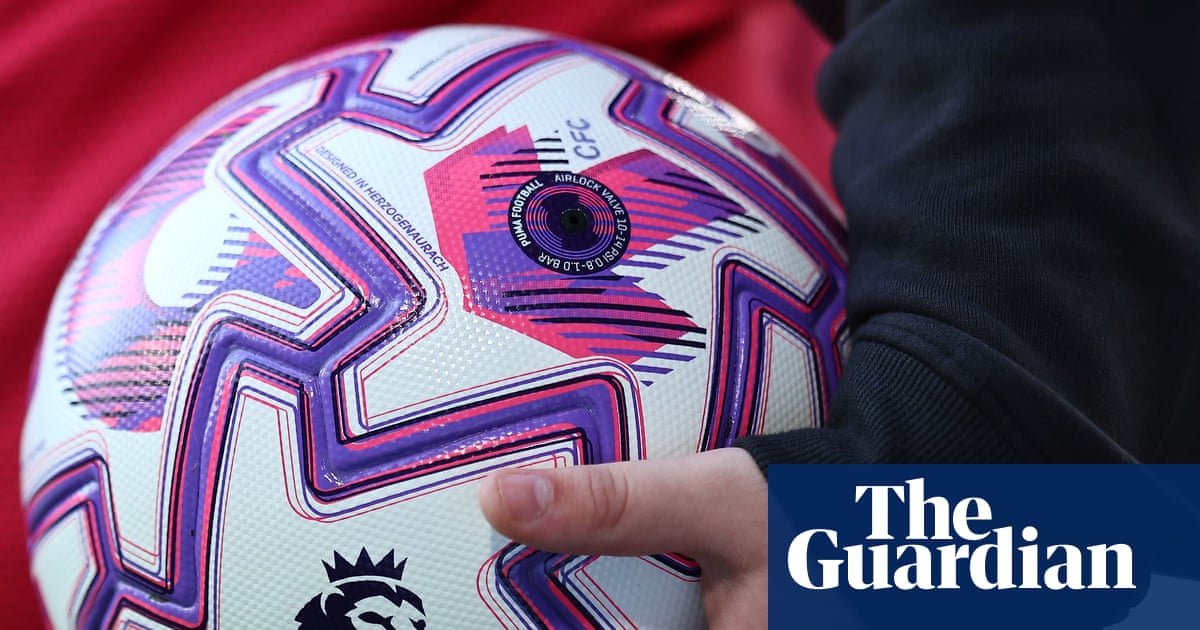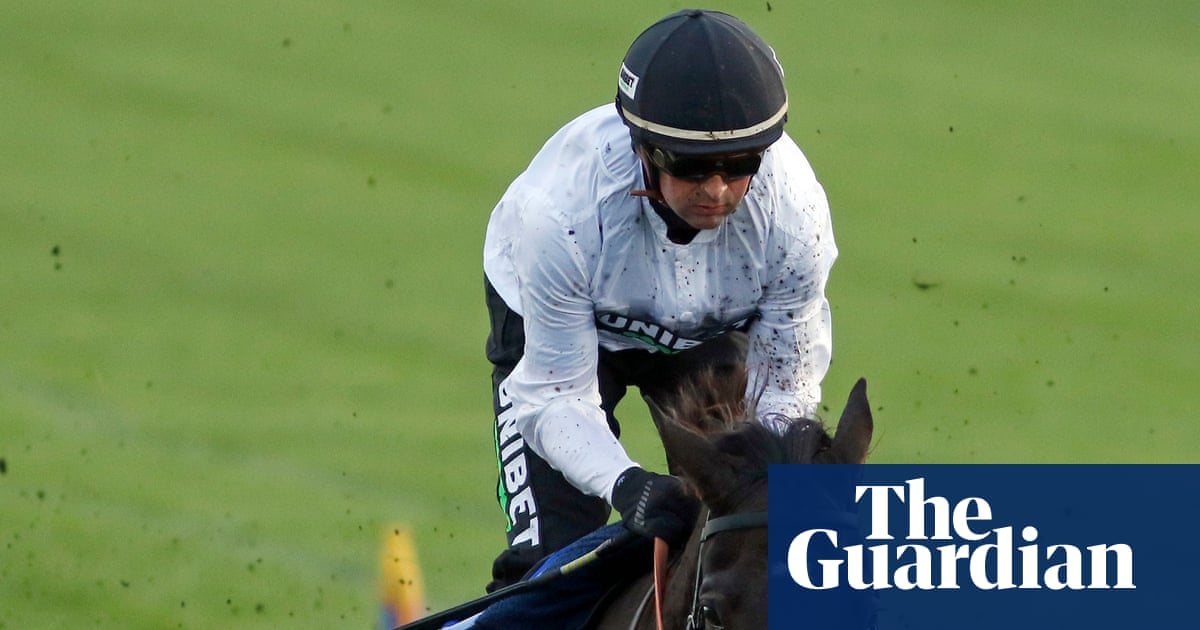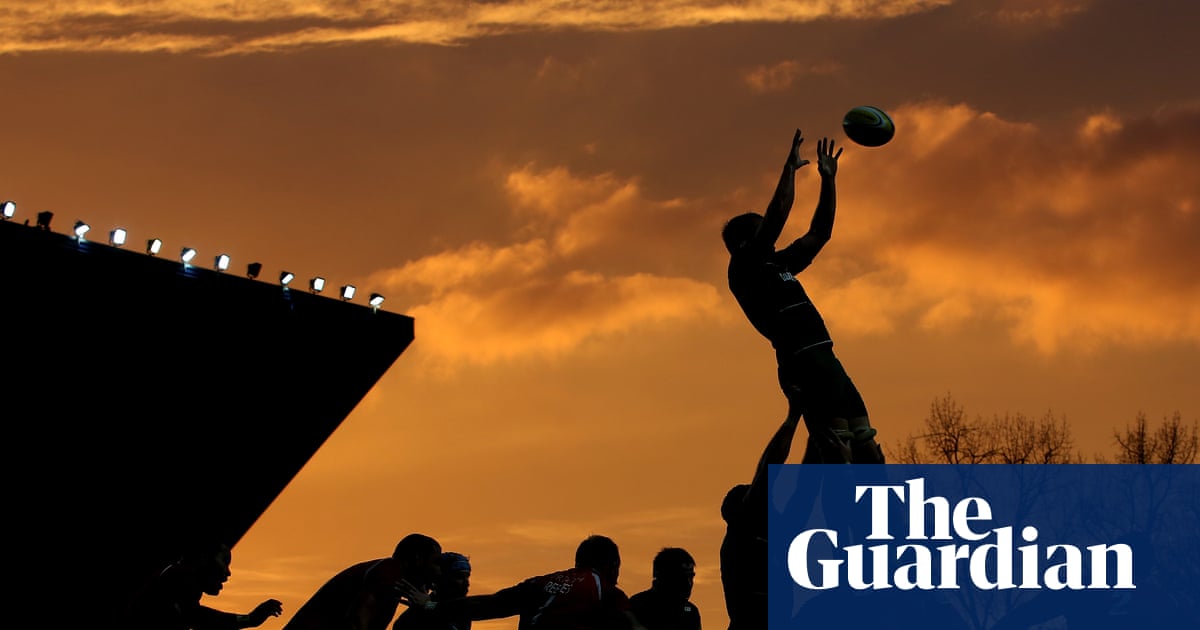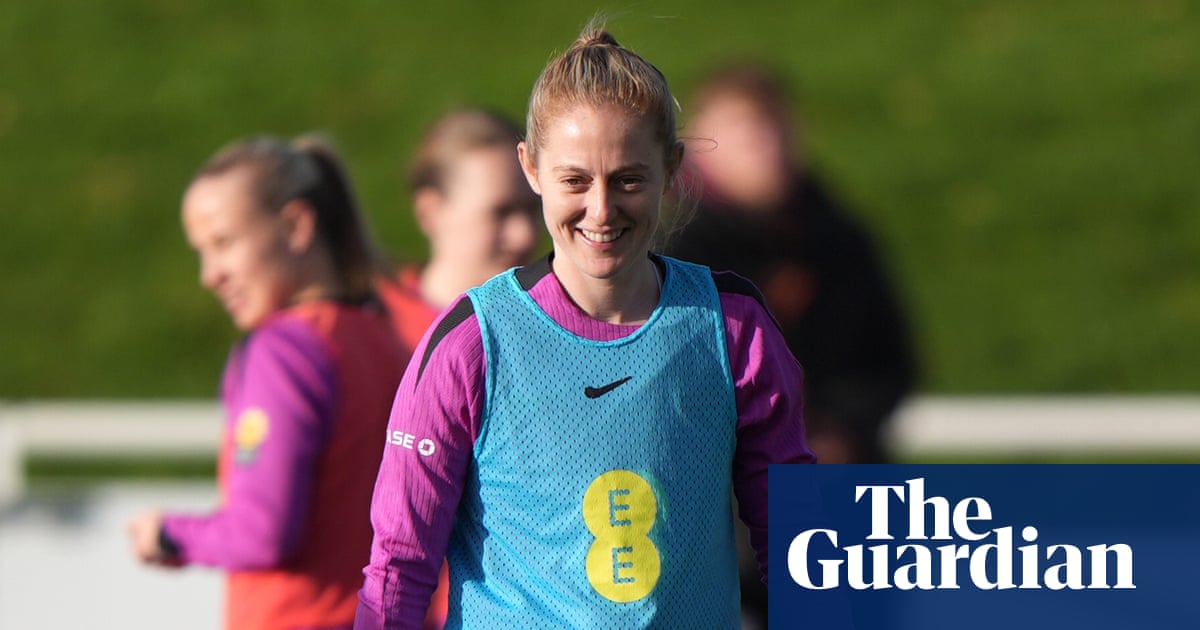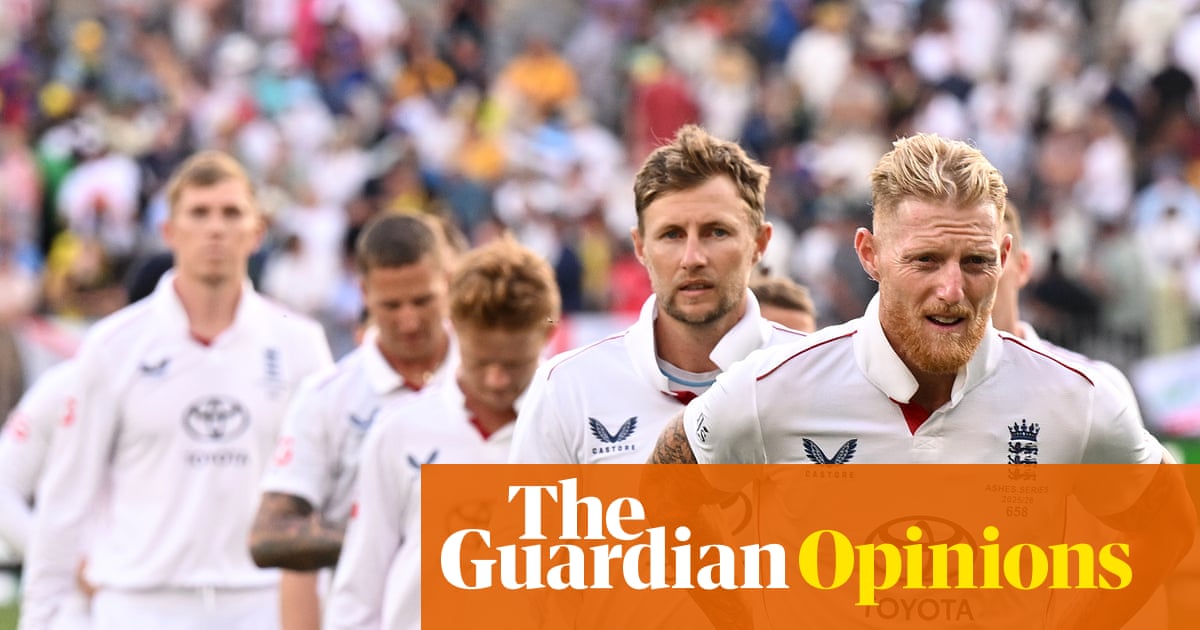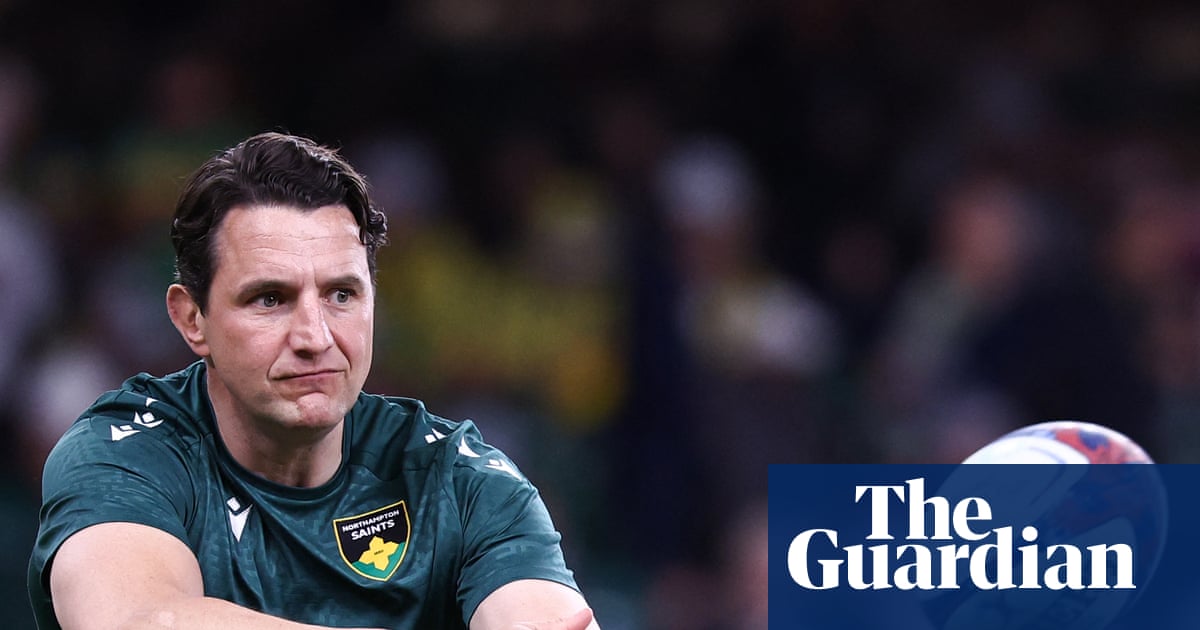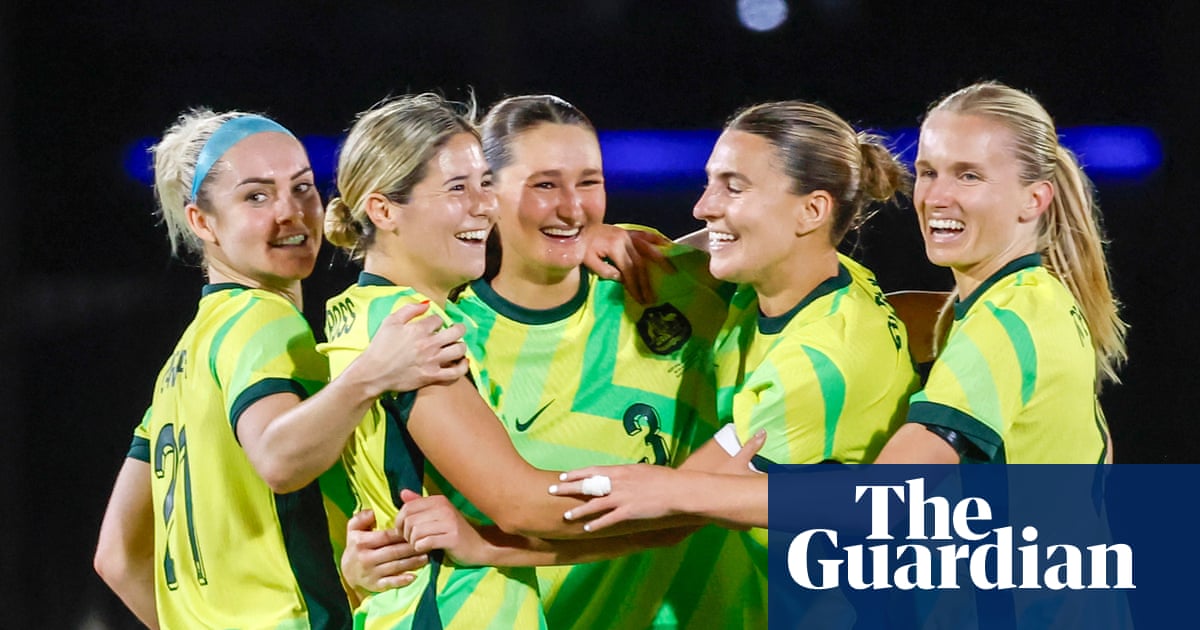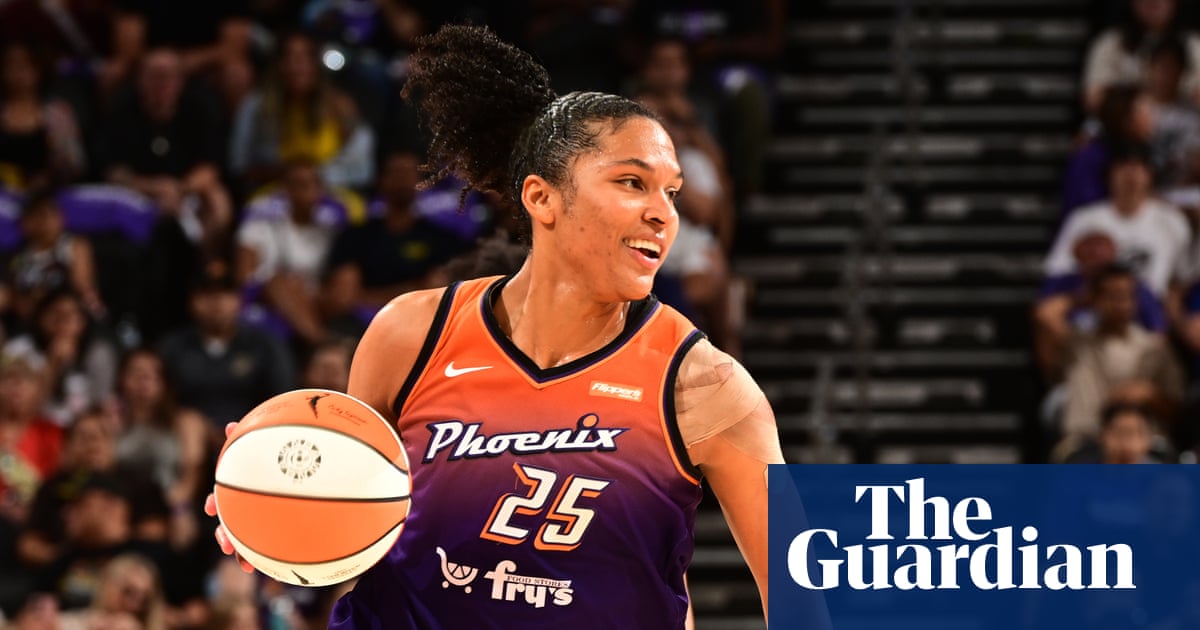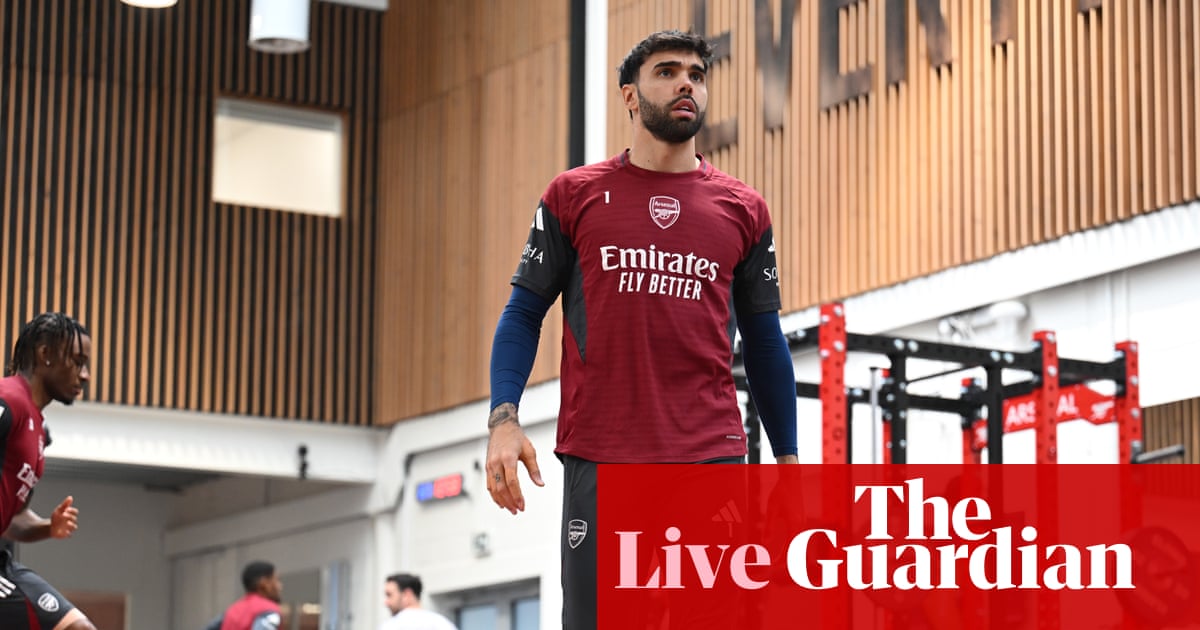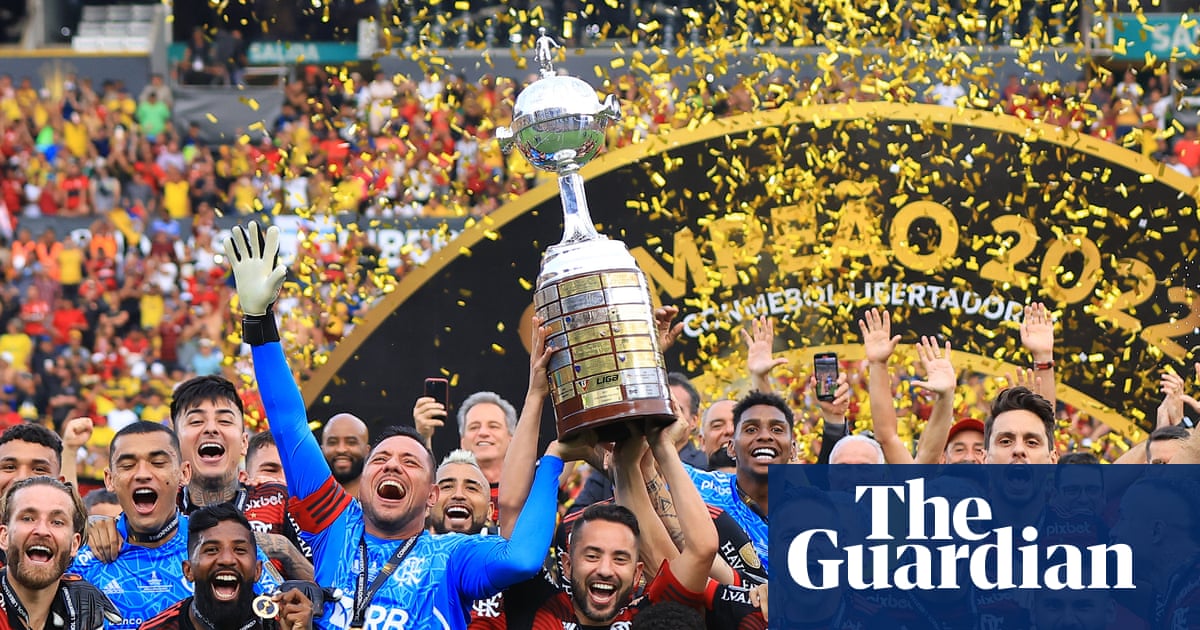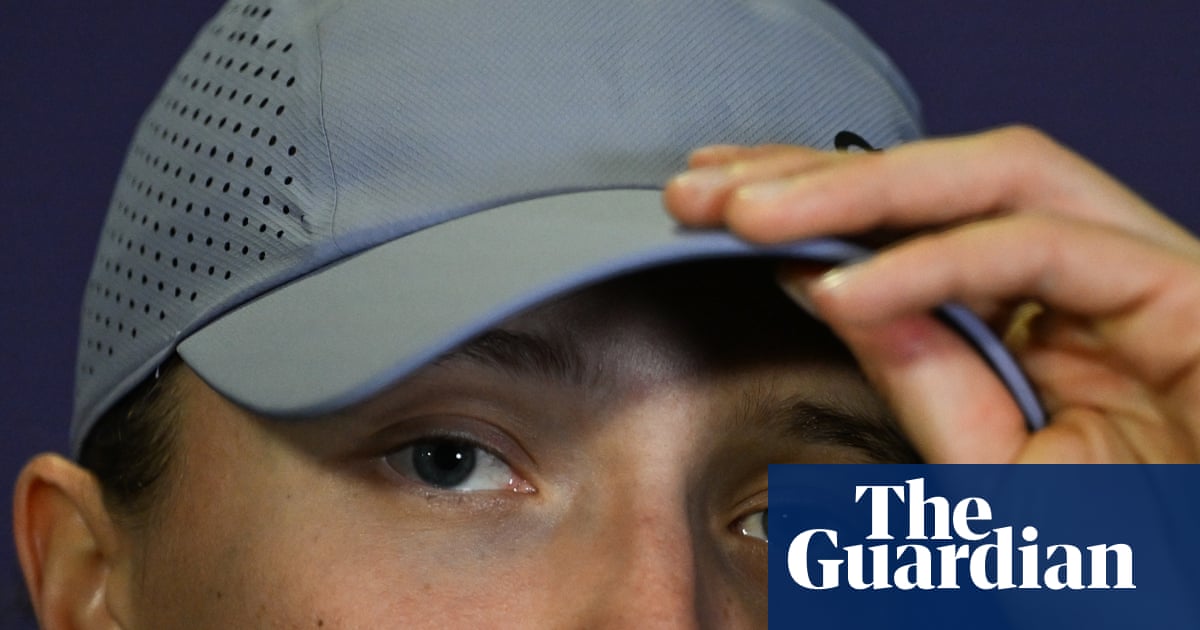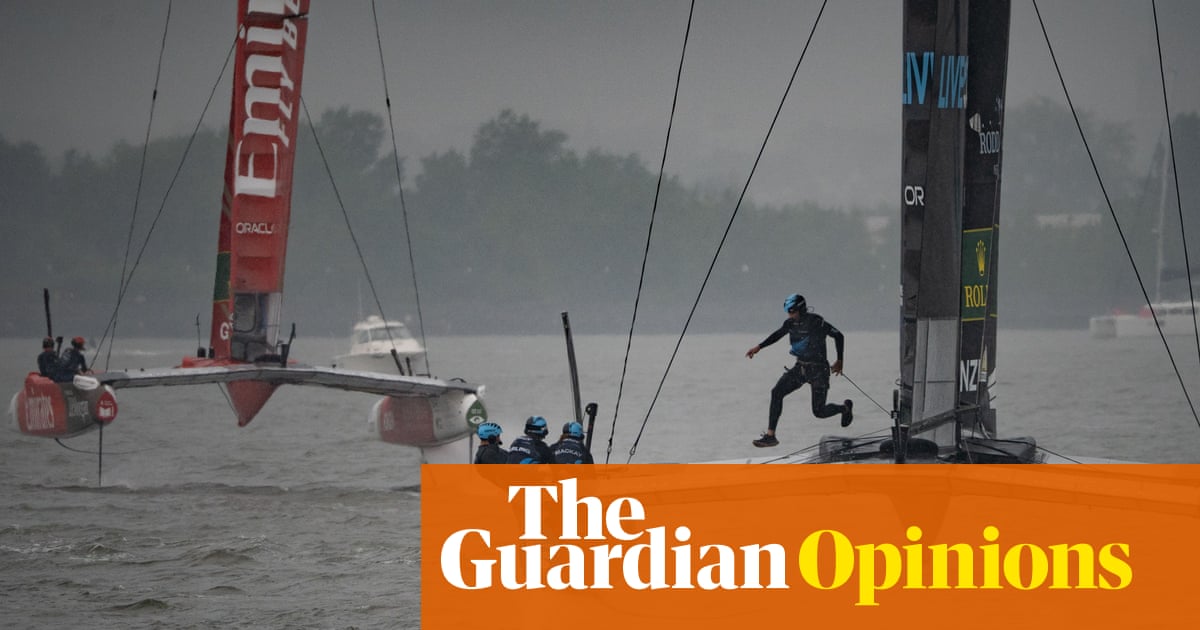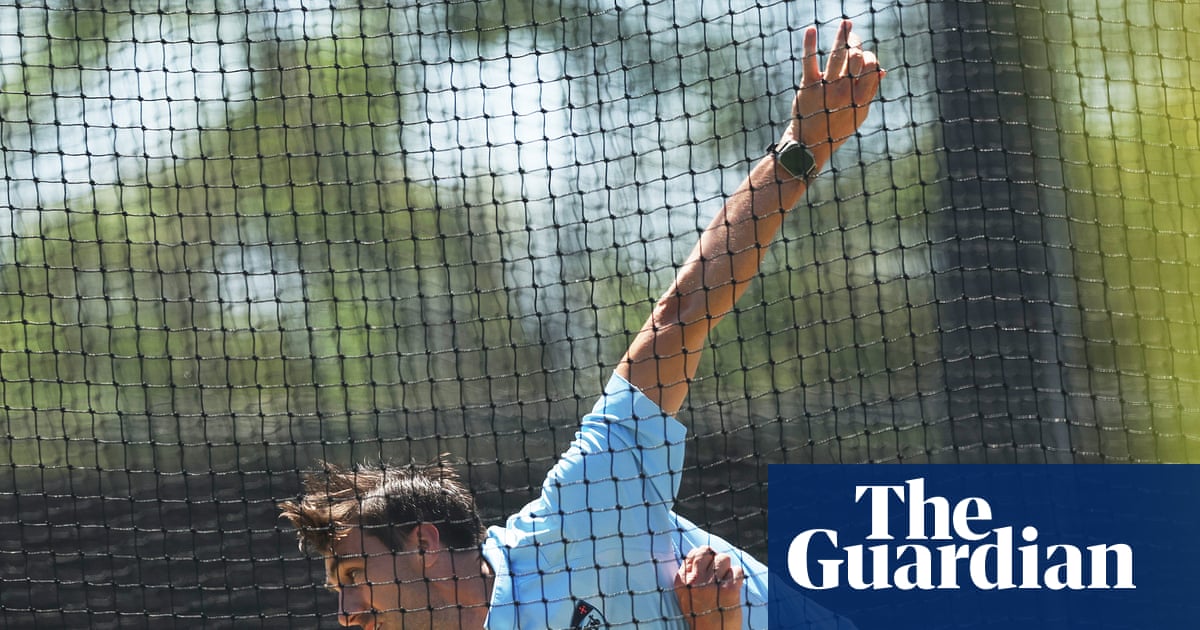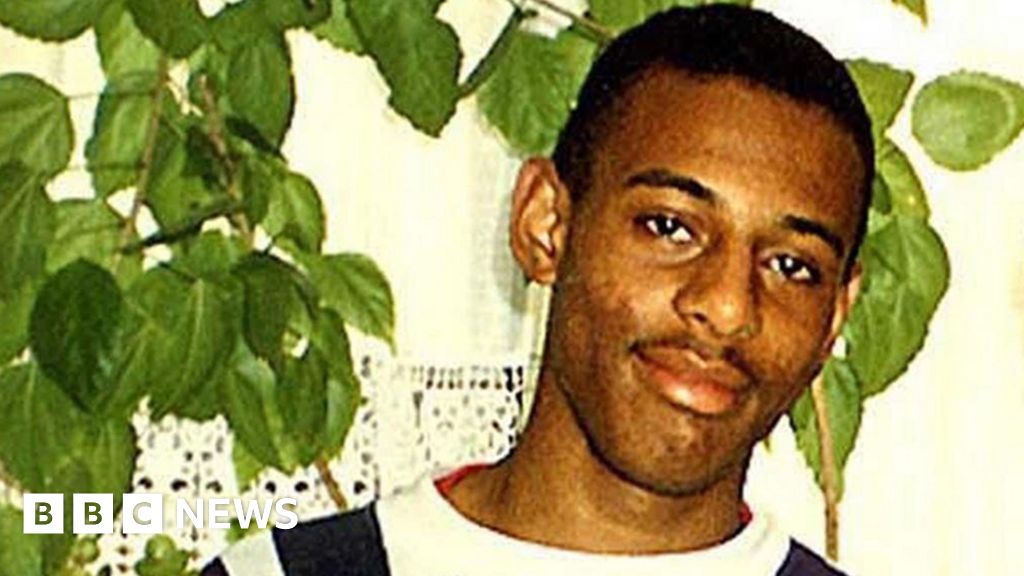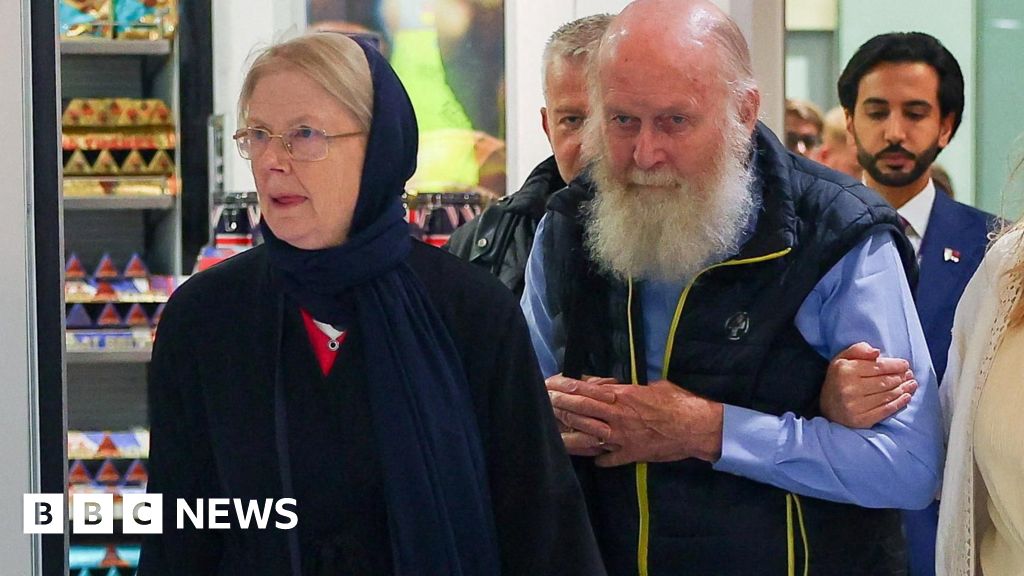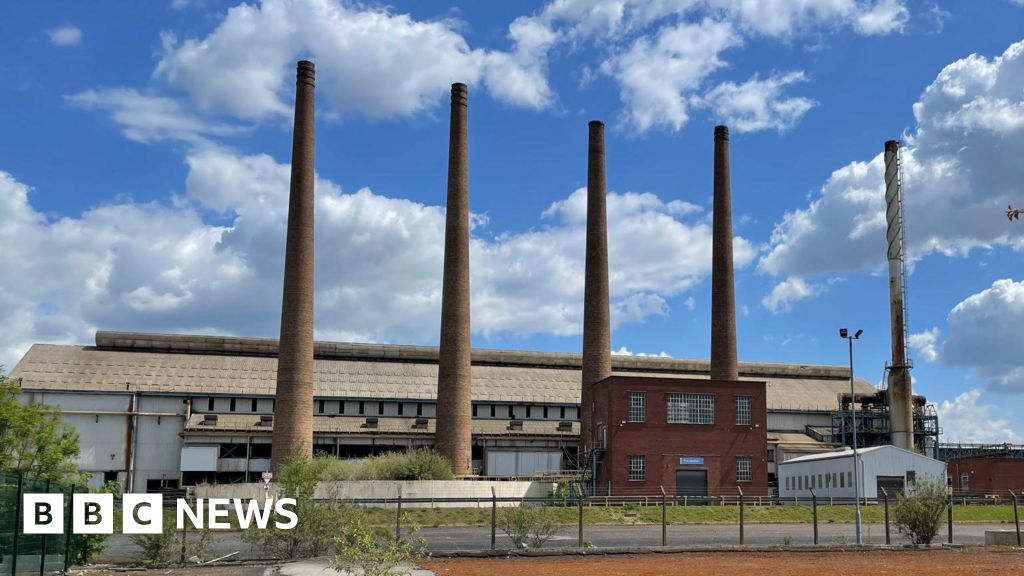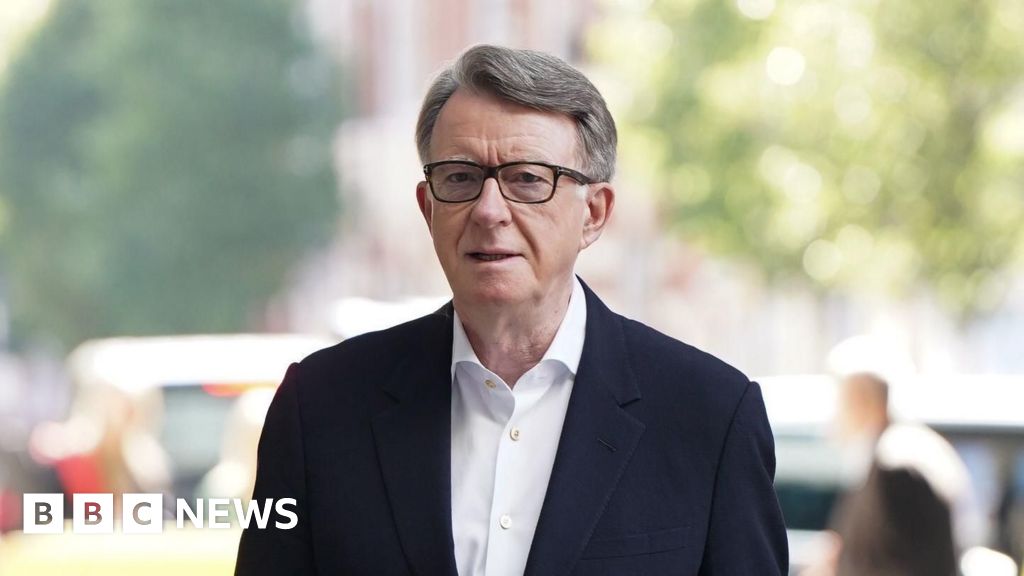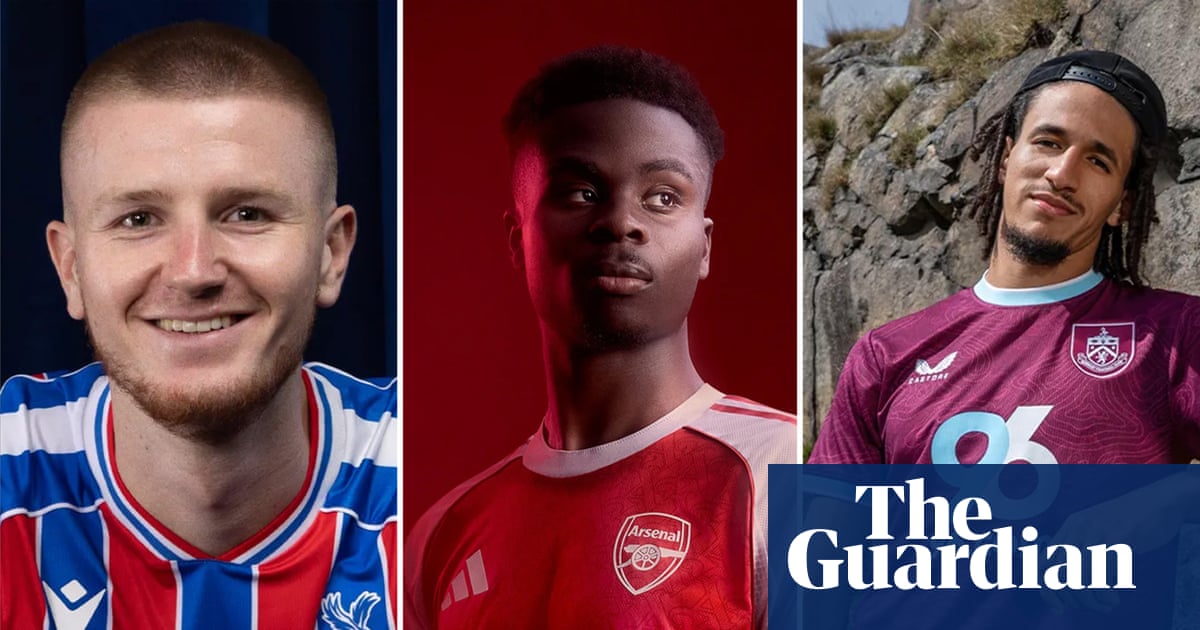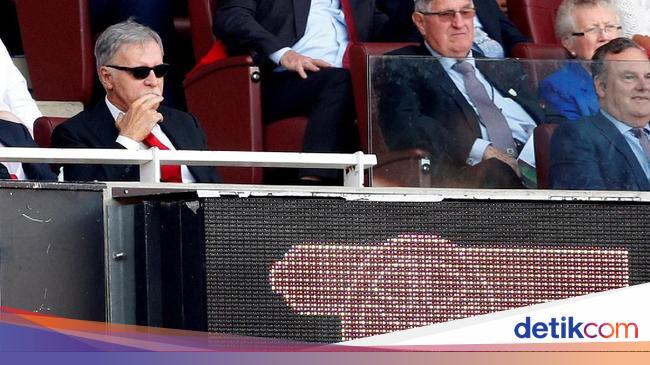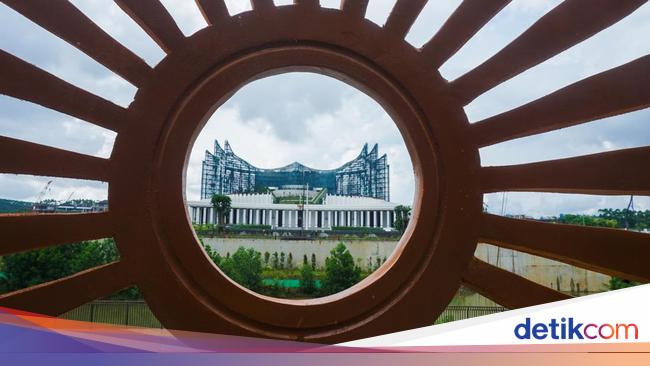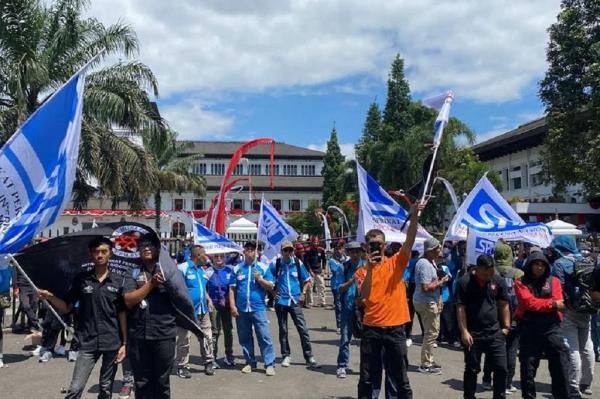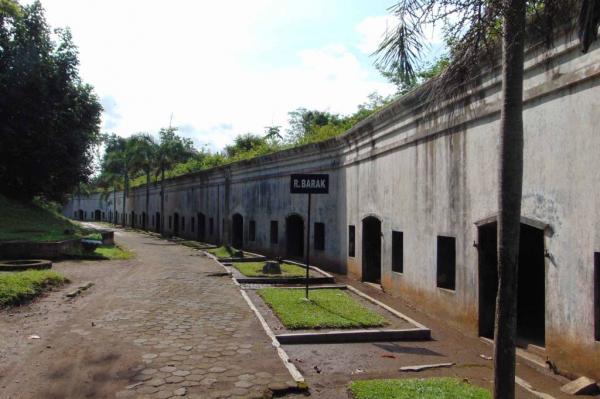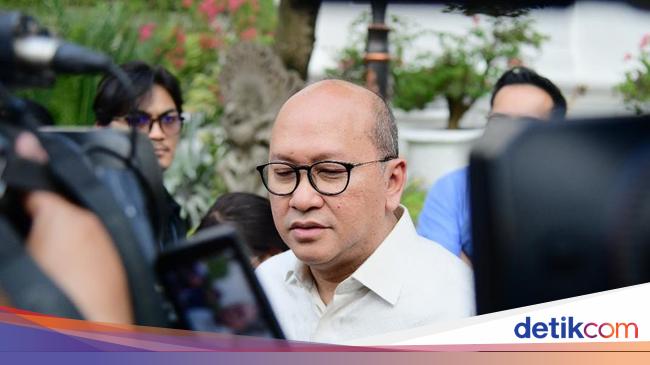“Would you say this is Roy bad or Brendan bad?” was one of the more repeatable questions asked in the Anfield press box in between PSV Eindhoven’s third and fourth goals on Wednesday. The correct answer would have been “Don Welsh bad”, given he was the last Liverpool manager to preside over nine defeats in 12 games, back in 1953-54. But the on-the-spot consensus was “Brendan bad” for reasons that may increase anxiety at Fenway Sports Group as the club’s owners desperately await a recovery under Arne Slot.
The Roy Hodgson era, airbrushed from history by some at Liverpool, is too low a base for comparisons with a Premier League champion. There are, however, some parallels between the current Liverpool crisis and the final 16 months of Brendan Rodgers’ reign at Anfield. The 2014-15 season was the last time confidence in a Liverpool manager or head coach began to drain. It was also the last time the impressive development of a Liverpool team – one that went agonisingly close to an unexpected title triumph in Rodgers’ case – not only came to an abrupt halt but veered into a steep decline with several new signings on board. FSG must hope the comparisons go no further, because that decline was precipitated by self-sabotage in the summer transfer window of 2014 and there is no conclusive evidence so far that it has avoided an expensive repeat in 2025.
Responsibility for Liverpool’s ridiculous and unbelievable collapse – to use Slot’s own descriptions – is on the shoulders of a head coach who has struggled to find solutions and faces a critical run of Premier League fixtures in the next week against West Ham, Sunderland and Leeds. The affable, honest Dutchman has never shied from that responsibility and accepts that questions over his future are legitimate, only six months after leading Liverpool to their second league title in 35 years. He is not bringing the best out of an unquestionably talented group, whose commitment towards the end of the losses to PSV and Nottingham Forest was questionable.
Slot spoke with Richard Hughes, Liverpool’s sporting director, to dissect the PSV defeat on Thursday, as he does after every game, and came away reassured that the club’s hierarchy still back him. But he knows faith in football is finite and the current rate of losses is unsustainable. The conversation and the questions should not be one-way, however, when the most extravagant transfer window in Liverpool’s history has failed to improve a title-winning team after 20 games. An outlay approaching £450m, that included committing to break the British transfer record twice in one summer, has brought only disruption and imbalance so far.
Liverpool’s fall is unprecedented, even with echoes of 2014 taken into account. Status, pulling power and finances comfortably restored thanks to Jürgen Klopp, and Slot’s success last season, Liverpool today have their choice when shopping at the high end of the market. Selling Luis Suárez and buying Mario Balotelli, Rickie Lambert and Lazar Markovic with the proceeds this is not.
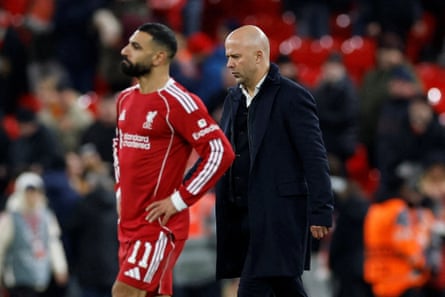
Liverpool’s transfer strategy is led by Hughes and Michael Edwards, chief executive of football at FSG. Slot has input and a say on transfer targets but, as his head-coach title demonstrates, his role is to work within the system FSG put in place after Klopp’s departure and coach the team. That is worth considering as the clamour among Liverpool supporters for Klopp to return gathers pace. FSG does not want an all-powerful manager in charge. Edwards would in all likelihood have not agreed to return to the club in March 2024 had that been the plan.
Edwards’ and Hughes’ reputations for astute, intelligent transfer dealings and long-term planning are well established. But, with Slot under intense pressure and Liverpool in the bottom half of the table – albeit while three points off fourth place – their approach to the summer window invites as many questions as the team’s results.
Were last season’s champions really crying out for the addition of Florian Wirtz’s creative class at a cost of potentially £116m? Why sign Hugo Ekitiké for up to £79m plus Alexander Isak for £125m when there is so little cover on the flanks, especially after the departure of Luis Díaz? Why sign a right wing-back in Jeremie Frimpong when a bona fide full-back was required? Liverpool will be paying a considerable price for the foreseeable future if, and it remains an if given the calibre of Wirtz and Isak, they have got this one spectacularly wrong.
Questions at right-back have had a destabilising effect on the Liverpool team. The club were powerless to prevent Trent Alexander-Arnold leaving on a free for Real Madrid but the consequences of his acrimonious exit have been extensive. Conor Bradley’s struggles with injury were well known before Alexander-Arnold went, hence the need for an established addition in that position. One did not arrive. Bradley, Frimpong, Joe Gomez, Curtis Jones, Calvin Ramsay and Dominik Szoboszlai have been deployed at right-back this season. The high turnover has undoubtedly affected Mohamed Salah’s form. Switching Szoboszlai to defence has also deprived the Liverpool midfield of the team’s most effective player this term.
Slot had hoped Wirtz would provide the ingenuity needed to break down low blocks and turn the slender victories of last season into more emphatic routs. It has not happened. The Germany international, who could return from injury at West Ham on Sunday, may have been lured with promises of a team being built around him, as Arsène Wenger has claimed, but has had minimal impact in the Premier League when playing as a 10. Slot’s search to accommodate the playmaker continues.
Isak’s start to life at Liverpool has been worse than Wirtz’s. The most expensive signing in British football history was excused for a sluggish introduction by Slot on account of missing pre-season at Newcastle while effectively on strike to force a move to Merseyside. Two months into his Liverpool career, the Sweden striker remains short of match sharpness. One can only wonder what the rest of the Liverpool dressing room makes of his behaviour at Newcastle this summer.
The new signings owe Slot but are not solely responsible for the downturn of a champion team reeling from the immeasurable loss of Diogo Jota and in uncharted territory on the pitch too. It was noticeable how often Slot used the word “fight” during his press conference to preview the West Ham game. Liverpool must show more over the next week, or the unthinkable will come a step closer.
.png)
 3 hours ago
2
3 hours ago
2

